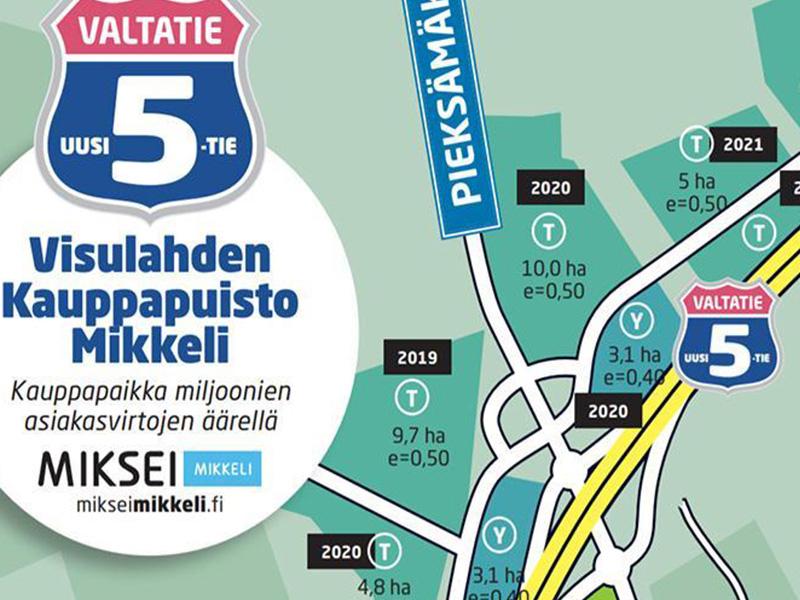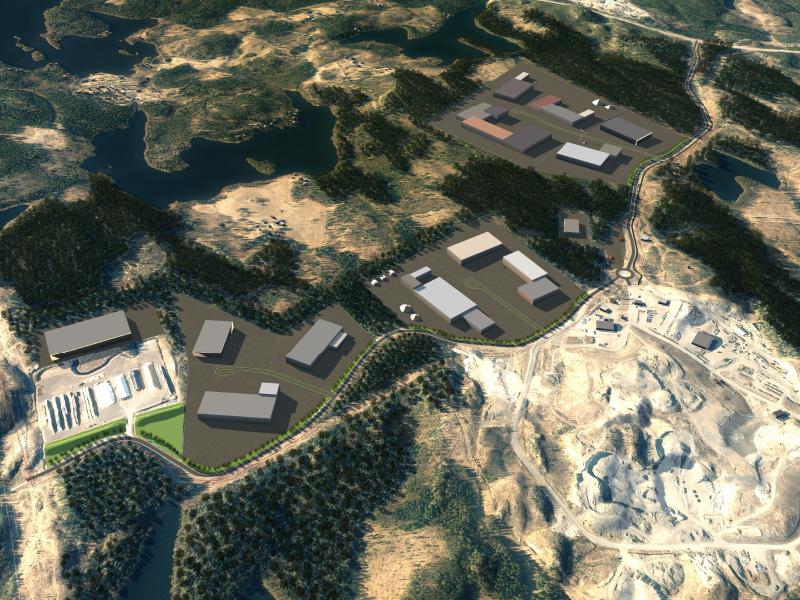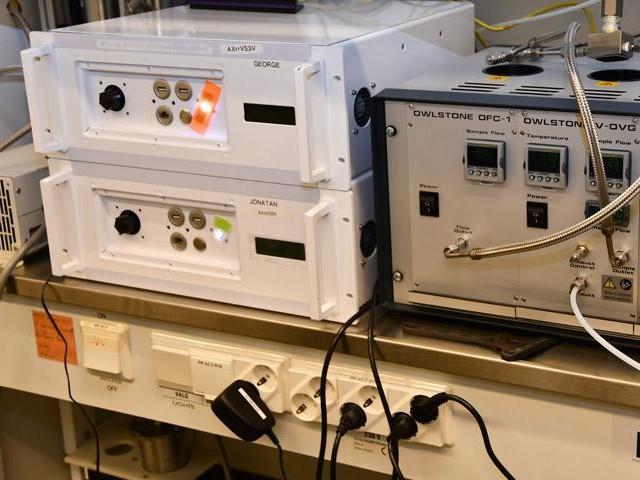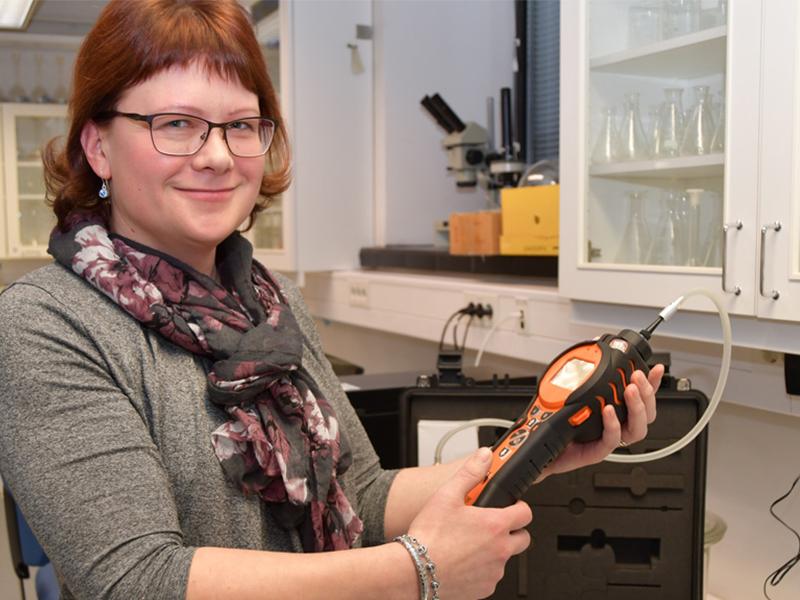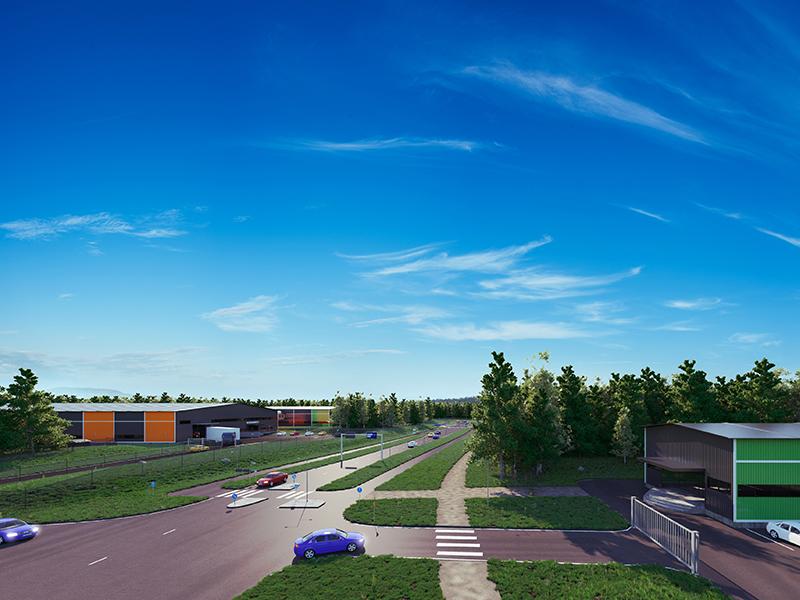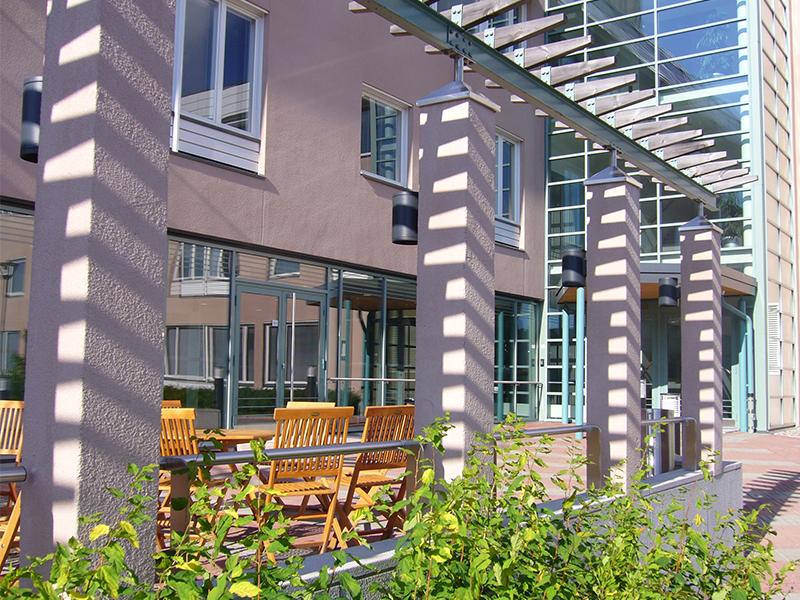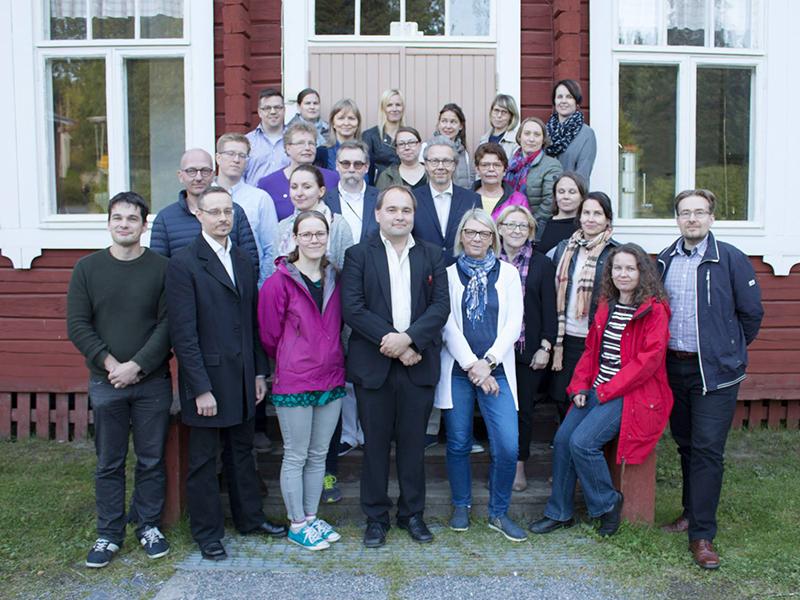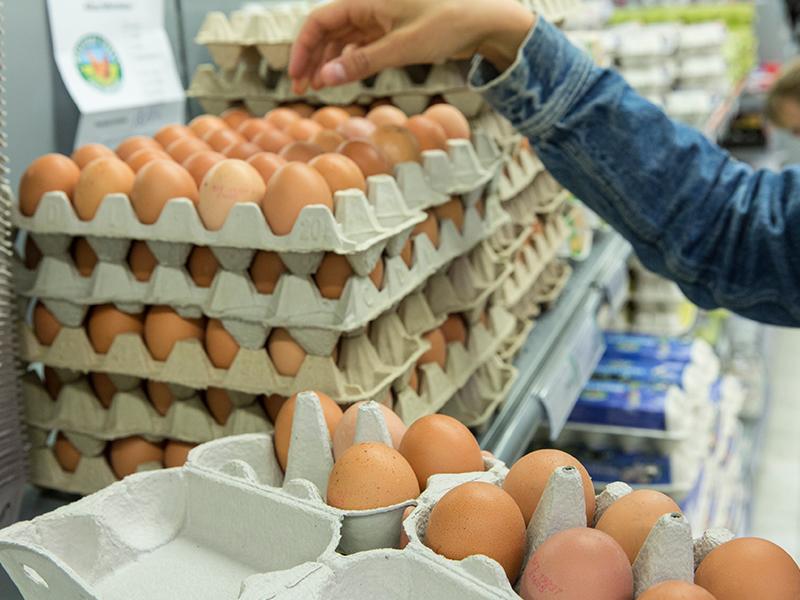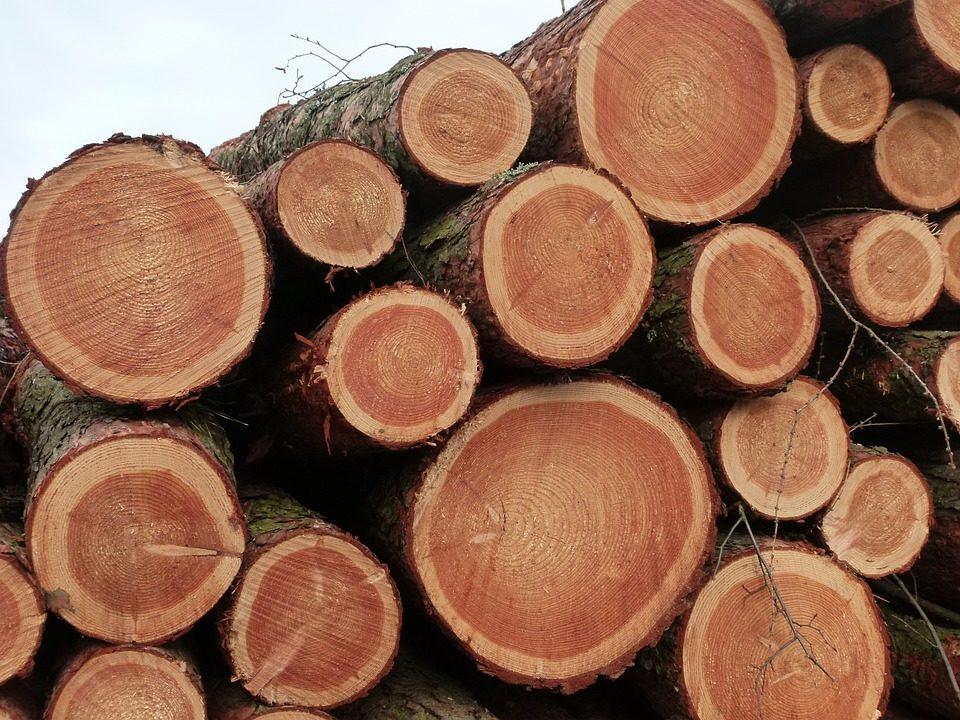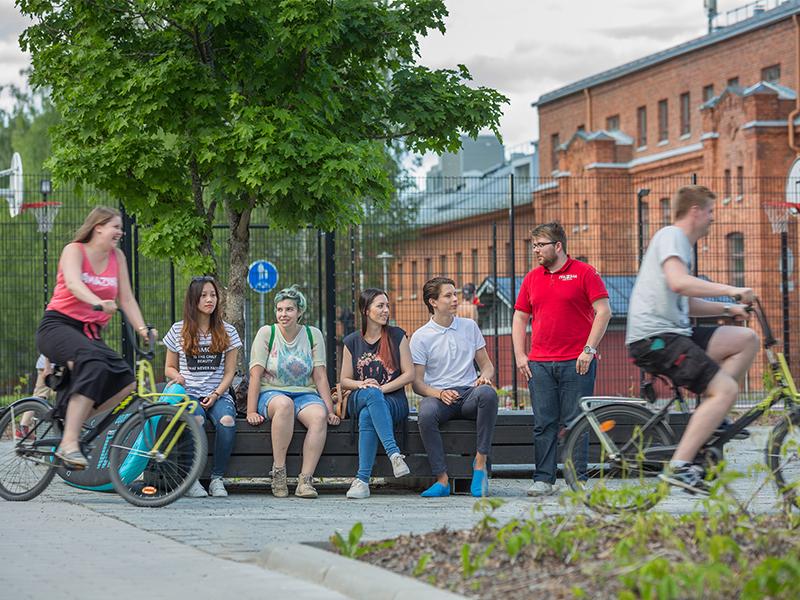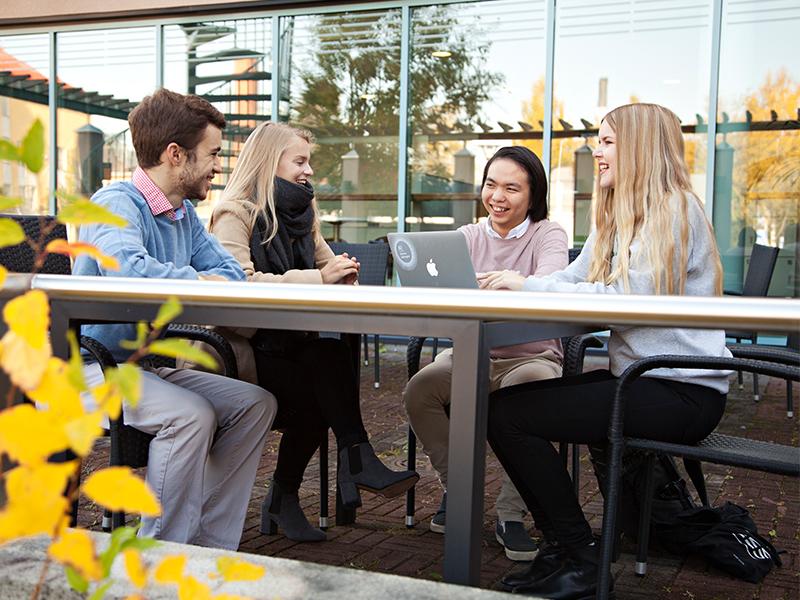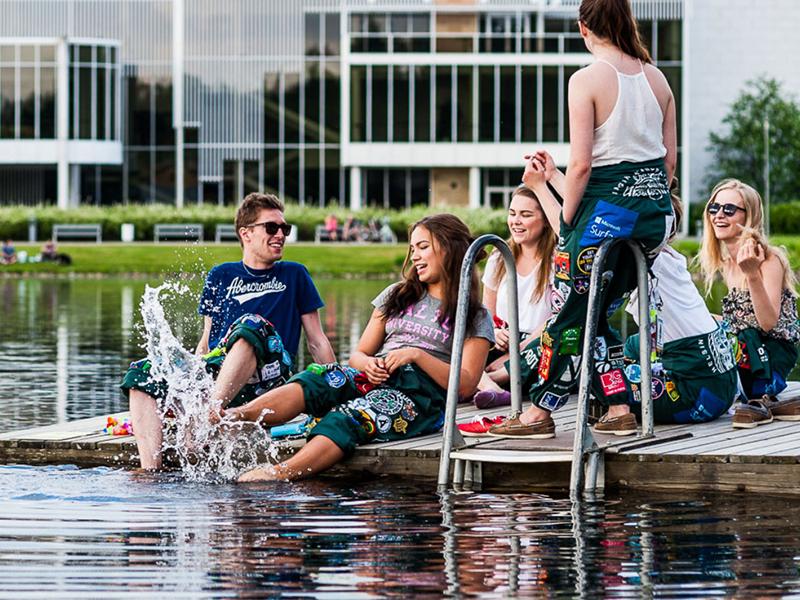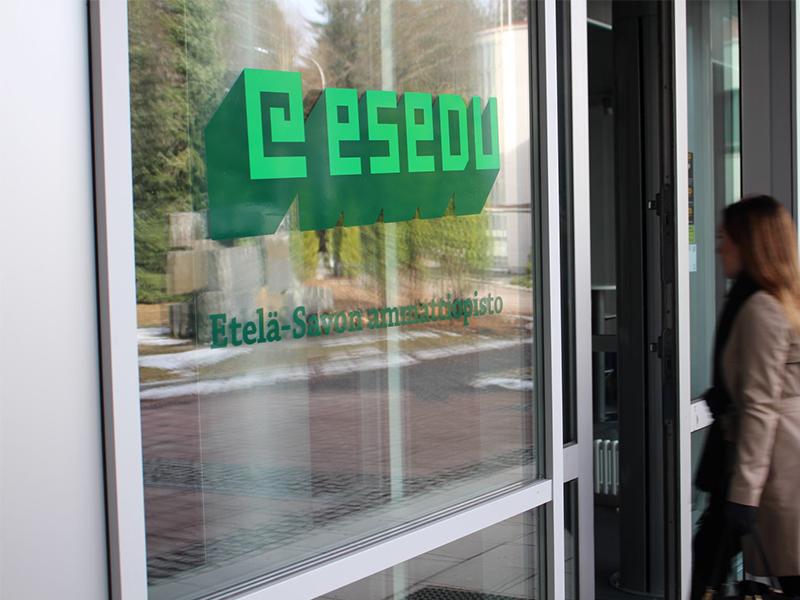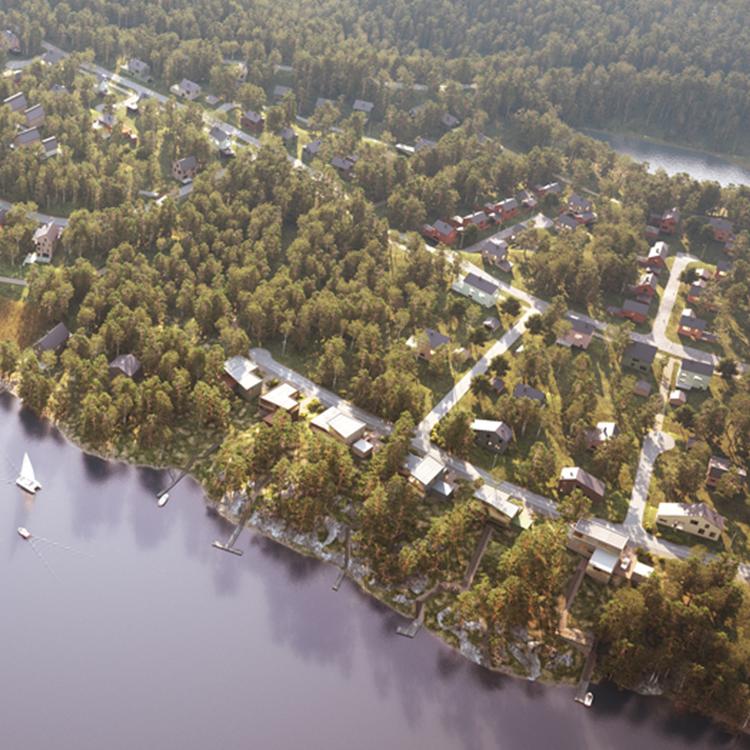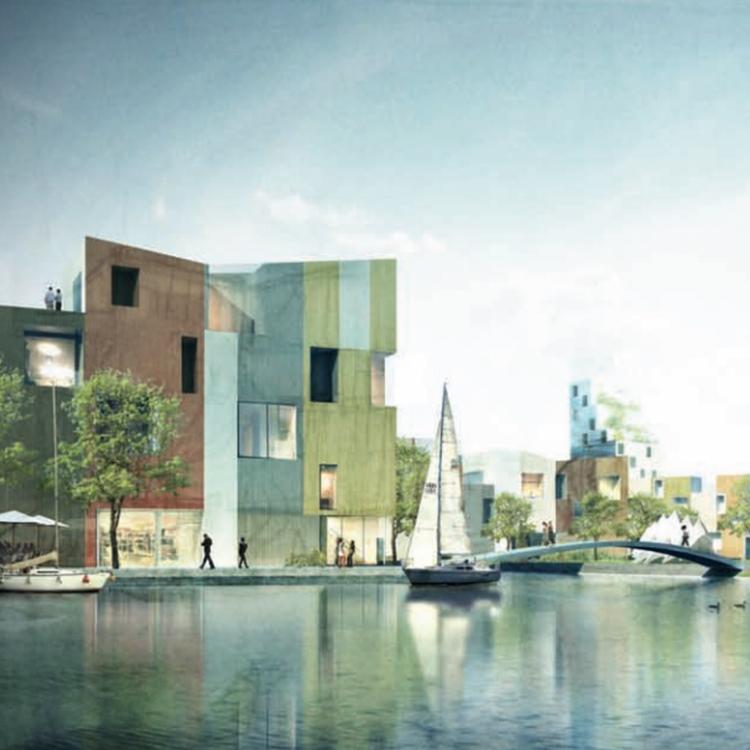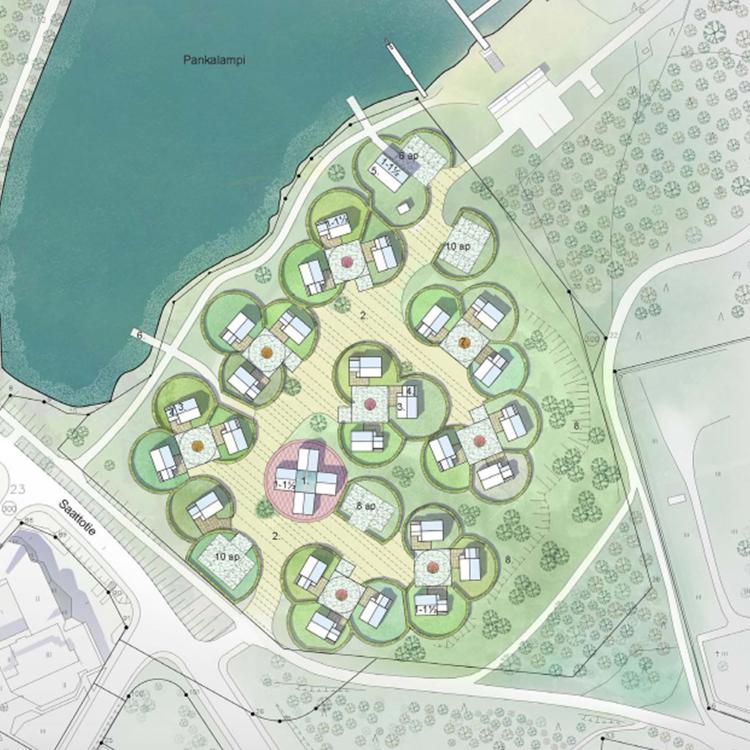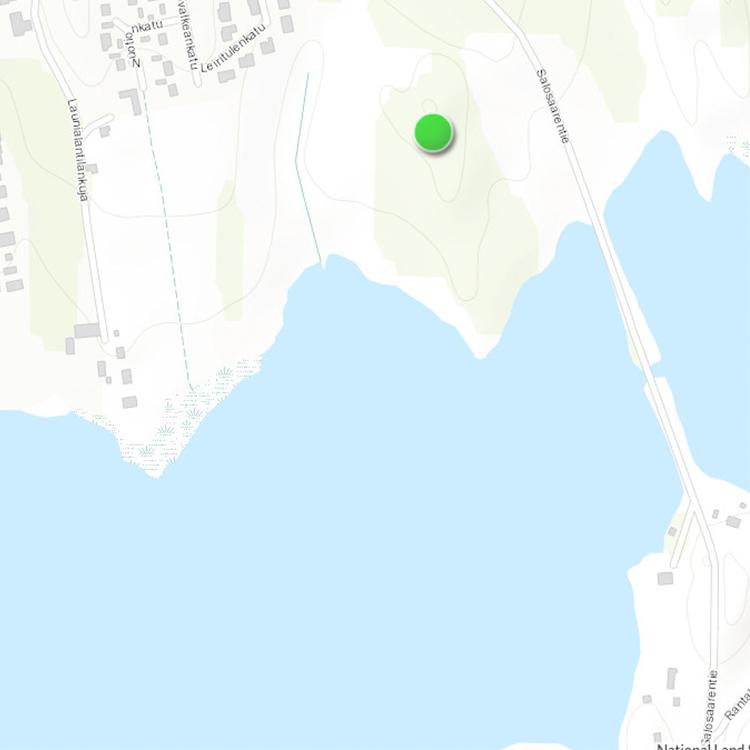Invest in Mikkeli
We offer you concrete assistance and advice for you to create your next business masterpiece in Mikkeli.
Let us share a story about how our cooperation worked together with a Japanese home builder Misawa Homes Group.
Our objective is to help businesses establish in Mikkeli as quickly and smoothly as possible. Our services are aimed at both new and existing entrepreneurs who are considering moving to Mikkeli or are looking for a suitable location for their business in the Mikkeli area.
We help businesses gather all the necessary information for decision-making purposes. Furthermore, we gain assistance from the Enterprise Finland network which includes several key private and public service providers.
We also act as public authority in marketing industrial plots and properties in Mikkeli and nearby municipalities. For private industrial estate clients, we offer digital marketing channels to ensure best visibility and availability alike.
Six Mikkeli-specific attraction factors
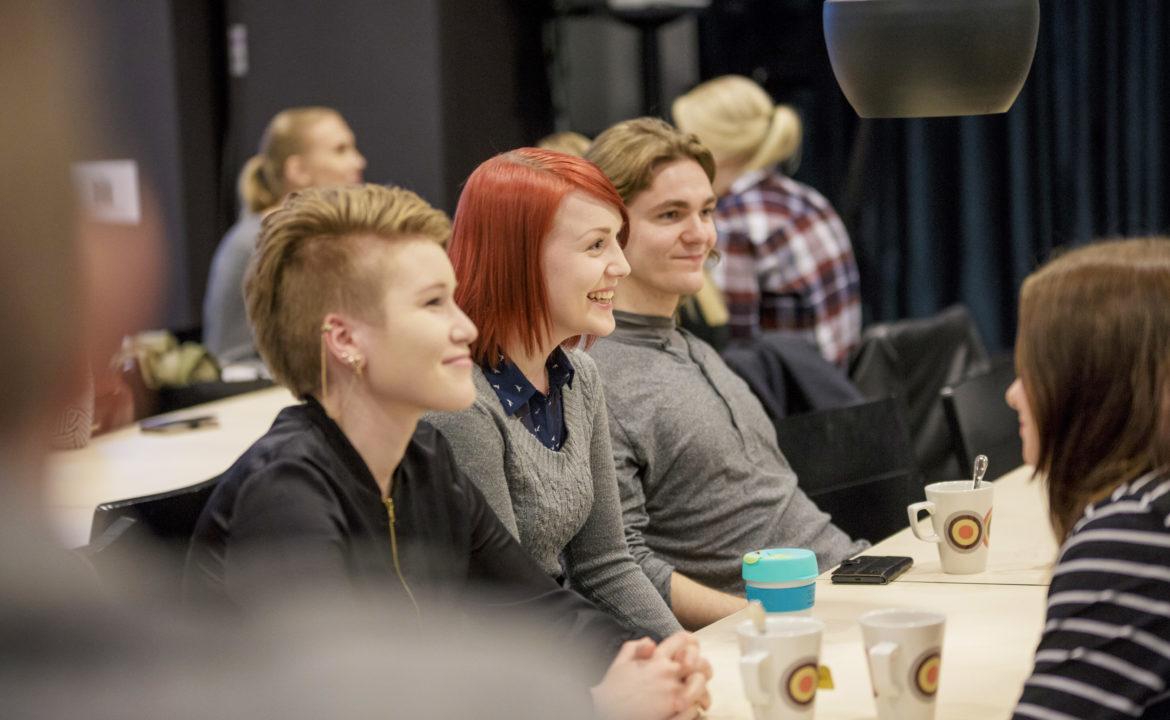
Workforce
Relative to its size Mikkeli has a large student population that provides an educated workforce and a great foundation for research and development. Some 10 % of the city residents are students.
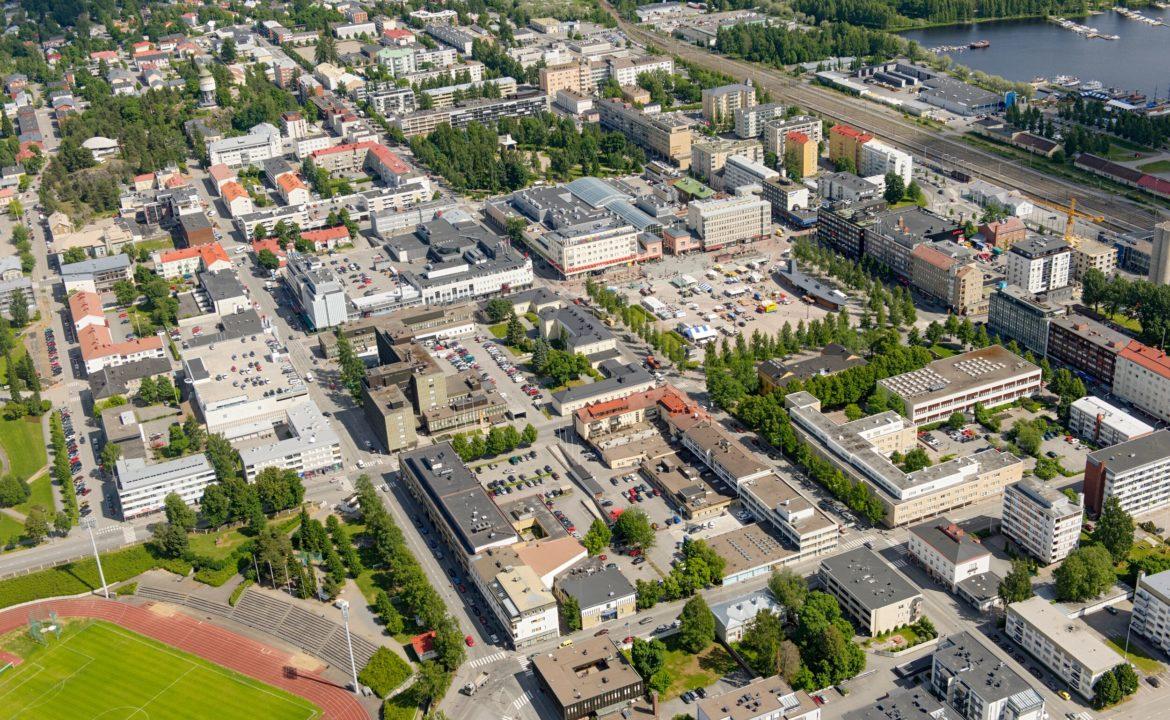
Logistic location
Mikkeli is the central city in the South Savo region and logistically well located at the intersection of highways number 5, 13 and 15. In practice, a significant part of the core traffic within Eastern Finland passes through Mikkeli.
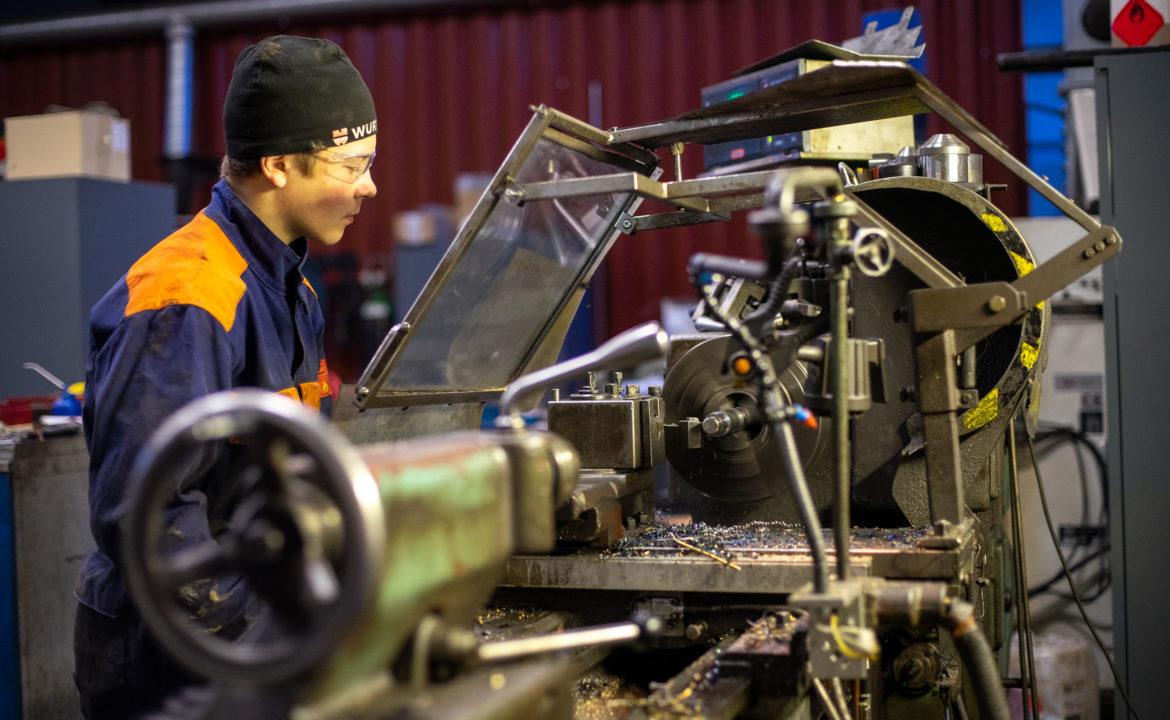
Business subsidies
Mikkeli receives the highest level of EU I support in southern Finland. The maximum level of business investment aid is 35 % which is a whopping 30 % more than for example the Finnish capital area has to offer.
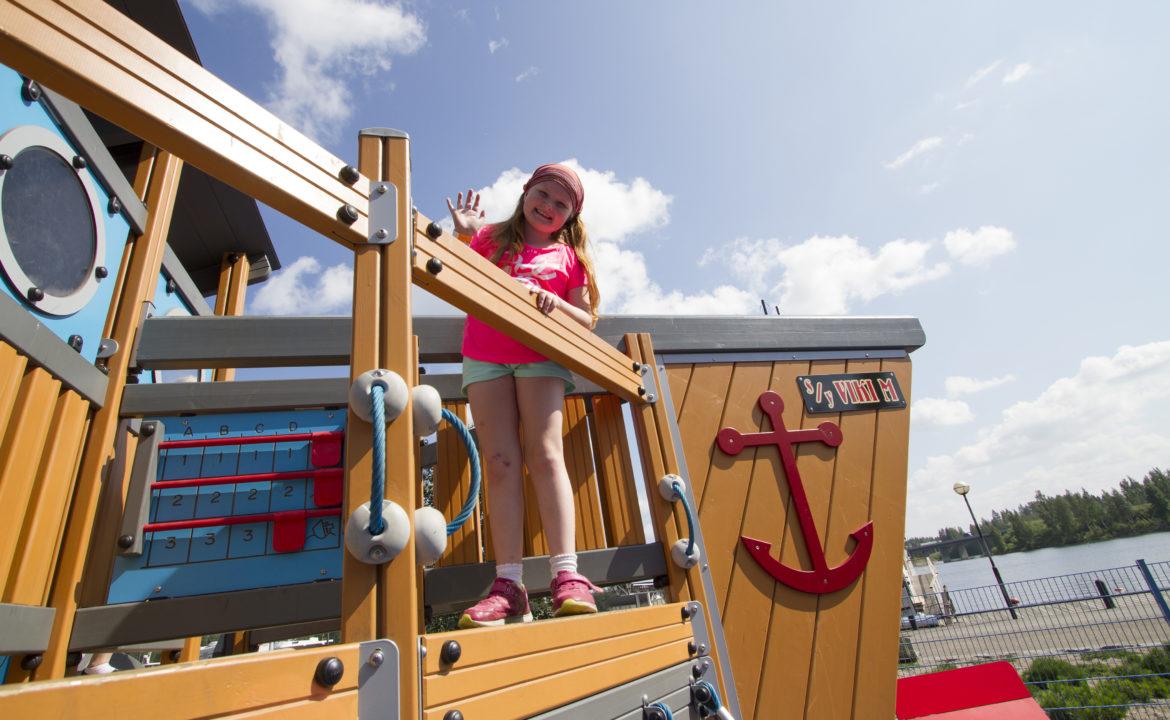
Quality of life
Here it is easy for people to achieve basic things in life such as owning your own home without any debt, owning or renting a summer cabin by the lake, and spending leisure time for family and hobbies.
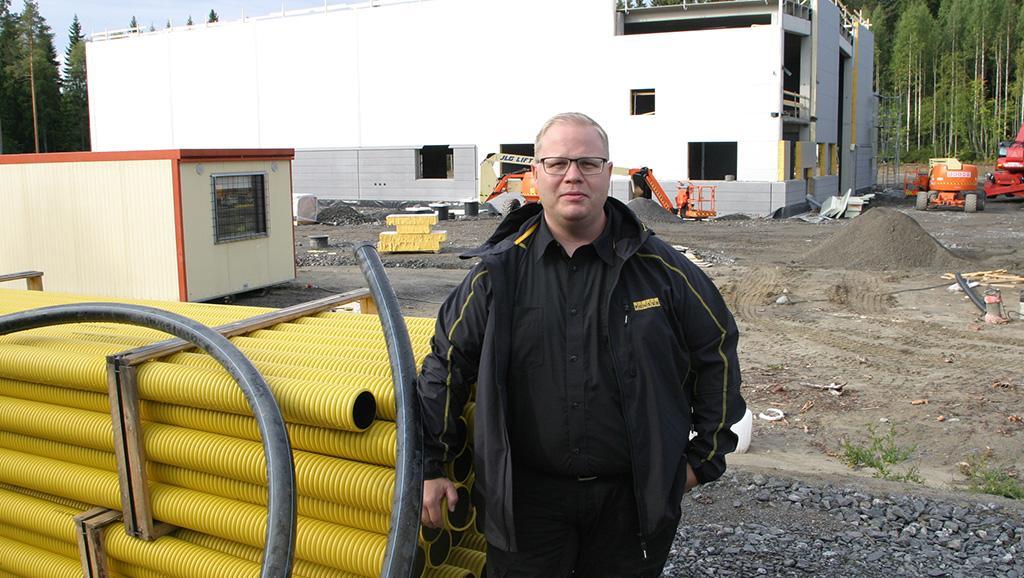
Fixed costs under control
The cost of an office or production facility in Mikkeli is roughly 40 % of the cost in the Helsinki metropolitan area. Furthermore, the business lifecycle and operating costs are contained.
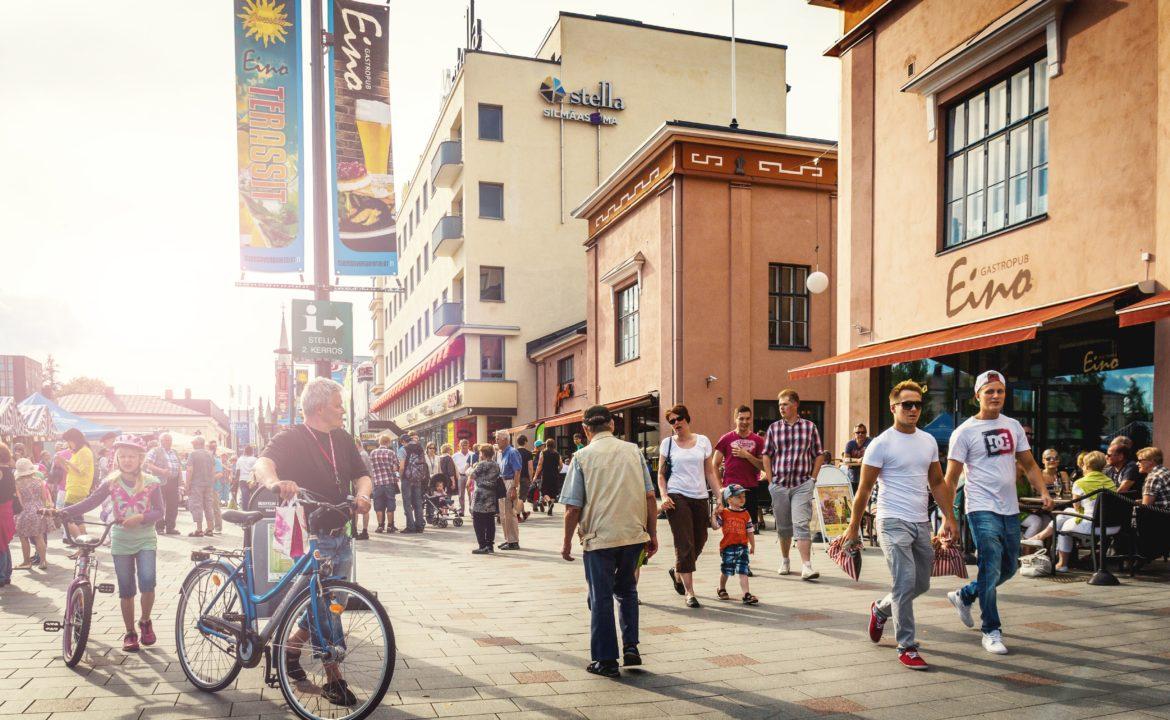
Time for living
Living in Mikkeli and spending summers on the shores of Lake Saimaa offer a completely different way of life compared to the capital region. Picture a jetty for swimming, a summer cabin, a sauna with a wood burning stove, a barbecue, a boat and a fishing rod… choose your own way of living.
May we assist you?
Commercial and industrial areas
Mikkeli offers more than 350 hectares of pre-planned space for commercial and industrial use. Please explore new business areas or search for premises from our plots and business premises directory. And please do not hesitate to contact us for our business services.
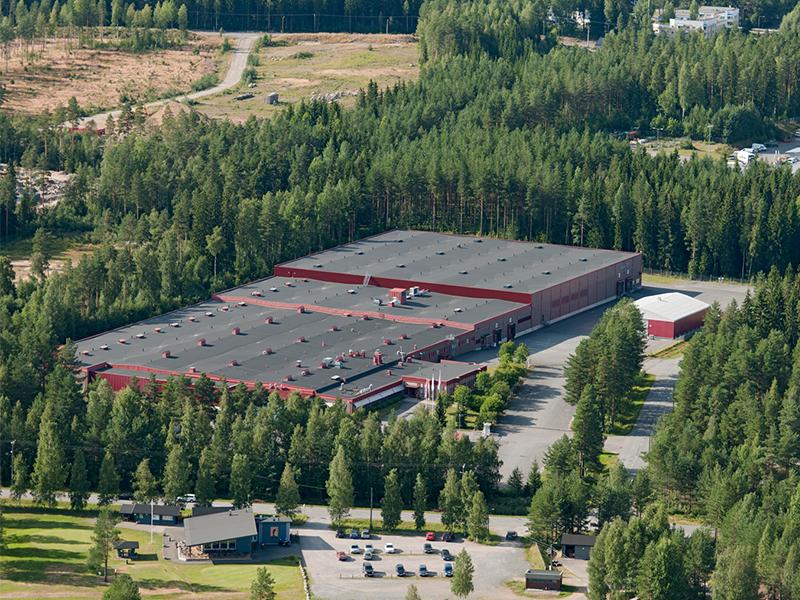
Tusku small-scale industry area
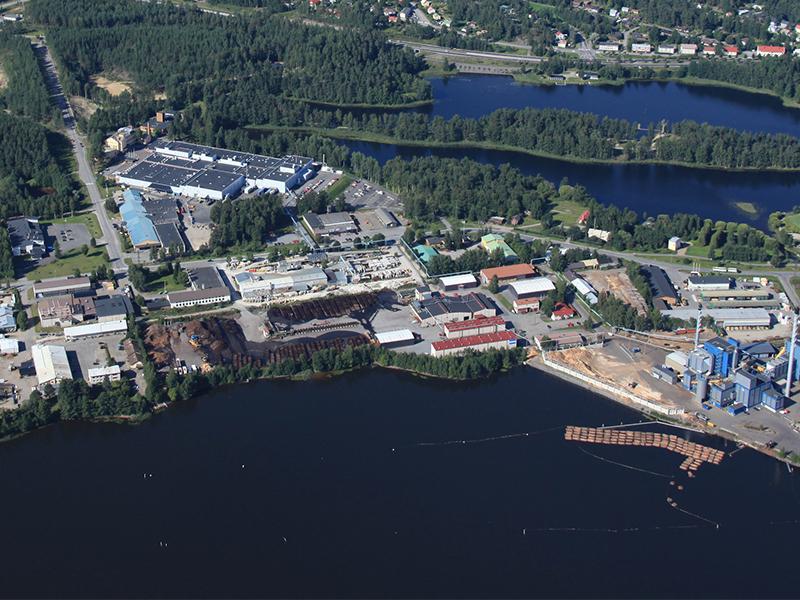
Pursiala industrial area
Research and development facilities
The research facilities in the Mikkeli region create tangible opportunities for developing your company’s expertise and research and development activities. Come and seize your own opportunities.
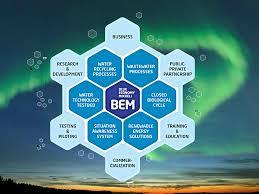
Blue Economy Mikkeli water research facility
Higher and vocational education institutions
Mikkeli has a high proportion of students vs. population. There are nearly 6,000 students in the universities and vocational colleges. One out of nine of the city resident is a student who will soon join the workforce.
Future residential areas
Read more about Mikkeli
Mikkeli, in Swedish St. Michel, is a city of 53,843 residents in Eastern Finland. With its population and purchasing power the city is the regional center of South Savo. Furthermore, Mikkeli is the 18th largest city in Finland.
The eastern parts of the city are located on the shores of Lake Saimaa, Western Europe’s largest lake. In the West, the urban area of Otava borders the beautiful provincial lake Puula.
The city of Mikkeli covers an area of 3,230 sqm of which 681 sqm are water areas.
In addition to the city center major urban areas include Otava, Haukivuori, Anttola, Ristiina and Suomenniemi. Some 80 % of the population live in built-up urban areas.
Founded in 1838 Mikkeli is one of Finland’s largest leisure residence and travel areas. The city has 27,721 permanent households and 10,349 holiday homes. As 70 % of holiday home owners live outside the economic area, second home ownership is a significant factor in the city’s service structure and purchasing power. A holiday home is used for 85 days a year on average.
73.6% of the population of Mikkeli have completed further education and 29.8% have a higher education degree. At the end of 2016, there were 22,500 jobs in the city with 21,700 people in the working population. 90% of the city’s workforce worked in Mikkeli. As a regional centre, Mikkeli also attracts workforce from the neighbouring municipalities, which in December 2018 had a total population of 24,600. The share of entrepreneurs in the workforce is 15%, which is one of the highest in the country.
The rate of unemployment was 8% of the workforce. The employment situation deteriorated after the 2007 financial crisis and the long-term employment downturn did not stop until 2014. Since then, employment rates in the region have steadily improved.
Mikkeli has traditionally been a vibrant student city. The city’s further education is organised by the South Savo Vocational College, Esedu, where some 3,000 young students and 5,000 adult students study annually. They offer 47 different undergraduate, 24 vocational and 8 specialist qualifications. Approximately 80% of graduates remain stay to work in the region.
The South-Eastern Finland University of Applied Sciences Xamk also operates in Mikkeli. It is the fifth largest university in Finland in terms of student numbers. Xamk offers higher education studies in 89 degree programmes to a total of 7,900 degree students. About half of the students study at the Mikkeli campus. The university also offers seven degree programmes in English.
Mikkeli University Centre is one of three educational units operating in the city and several different universities units are located on the campus of the University Centre. These include: Aalto University School of Business International Business Training Unit, University of Helsinki Ruralia Institute, National Library Digitisation and Conservation Centre, Lappeenranta-Lahti University of Technology (LUT) Entrepreneurship Research Unit and the Green Chemistry Laboratory training international postgraduate students.
Every year, about 250 undergraduate students at the campus study for the English-language Bachelor of Science in Economics programme and 320 in the Co-op Network Studies programme.
Additionally, the University of Helsinki provides continuing education for approximately 1,150 students per year at the campus. The campus employs 130 permanent staff. Also the Natural Resource Centre, the Summer University and the campus’s Researcher Hotel offer facilities for about 150 experts and researchers.
According to surveys, Mikkeli, along with Kuopio, have the best cooperation between companies and educational institutions in Finland.
Statistical information is based on year 2018.
Mikkeli’s logistic location is one of its strengths. Mikkeli is located in South Savo at the intersection of highways 5, 13 and 15. The location of the city is logistically excellent in terms of core traffic in eastern Finland. Almost all core traffic in eastern Finland passes along highway 5. The distance to the centre of Helsinki is 230 km and the typical journey time by car is about 2 hours and 45 minutes. There are 13 daily bus connections from Helsinki to Mikkeli. The number of cars on highway 5 at Mikkeli is approximately 15,300 vehicles per day.
There is also a rail link to Mikkeli. The Savo line runs from Helsinki via Kouvola to Mikkeli and further through Finland to Kuopio, Iisalmi and Oulu. There are seven daily train connections from Helsinki to Mikkeli. Journey time by rail is just over two and a half hours. There is also a rail link to Russia, to the cities of St. Petersburg and Moscow.
The Railgate Finland rail link was opened in 2018. It serves export companies with connections via Kouvola to St. Petersburg, Moscow, Khorgos and further through Russia to Xi’an in China. This offers an alternative to traditional ship and air connections. The route to China only takes 14 days.
The nearest export ports to Mikkeli are the port of Kotka and the port of Helsinki. The distance from Mikkeli to the port of Kotka is 162 kilometres along highway 15. Kotka serves as the primary export port for most companies operating in the region. For smaller ship traffic and, for example,
timber hauling on waterways, the Ristiina area of Mikkeli is located on the deep waterway of Saimaa. For deep waterways, the maximum depth of vessels is 4.2 meters.
Mikkeli also has an EU/AFIS International Airport (IATA: MIK, ICAO: EFMI). The airport’s 1,702-meter-long and 44-meter-wide runway, as well as its ILS Cat 1 equipment, allow operations with Embraer 170/190, Airbus A318 / 319/320 and Boeing 737 aircraft. Due to its low-cost status, the airport’s operating costs are highly competitive. There is currently no regular passenger service at the airport.
Two Fingrid Oyj’s mains power lines pass through the area: A 110 kilovolt power line running from Mäntyharju via Otava to Rämälä in Mikkeli, and a 400 kilovolt power line from Lappeenranta via Ristiina to Mikkeli and onwards to northern Finland. There is land available for industrial use in the vicinity of the lines. Data center locations with pre-exploration materials are also available.
The city of Mikkeli has a total population of 55,843 people. Including the surrounding municipalities, the economic area is about 75,000 people. At the end of 2018, the city had 27,721 households. In 2015, the average income in Mikkeli was 26,261 euros, compared with 28,750 euros in the whole country. Therefore, the average income was 9% below the national average. One of the factors affecting the average income is the number of retired residents in the region. 25% of the population in Mikkeli are over the age of 64, compared to 21.4% of the entire country. In 2017, the average pension in Mikkeli was 1,567 euros per month. The share of pensioners in Mikkeli is 14% higher than the national average.
Mikkeli has lower wages compared to the Helsinki metropolitan area. The pay gap widens along with levels of education and status. Managers and senior officials may have a pay gap of up to 23%, while the average pay gap for employees is less than 5%. The smallest pay gap, about 1.5%, is in the social and healthcare sector.
In 2016, household disposable income in Mikkeli averaged 35,000 euros, compared with 38,000 euros in the whole country. The average income was thus about 8% lower than the national average. The area’s forest wealth as well as the holiday home ownership are some of the factors that narrow the regional income gap. For example, there are 10,349 holiday homes in the municipalities with an average annual expenditure of 3,673 euros per cabin.
In 2012, the combined purchasing power of Mikkeli and its neighbouring municipalities was 688.9 million euros. This represents approximately 52% of the purchasing power of the entire South Savo region. In addition, the region receives approximately 51.5 million euros of direct tourism income each year from holiday homes, leisure and tourism activities. In the Mikkeli area, the purchasing power of the grocery trade is 18% greater than its usual share, mainly due to the positive impact of leisure and holiday activities. The impact on the speciality goods trade is even greater as up to 33% of purchasing power comes from outside the region.
In 2012, relative to the population, South Savo had 1,300 people per grocery store, compared with an average of 1,700 people in the whole country. Relative to the population, the retail store network in the region is therefore more comprehensive than national average. There are also almost as many shops in the speciality goods trade as the national average, i.e. one shop per 277 residents.
In March 2019, the City of Mikkeli had a total of 57 vacant commercial and industrial premises. At the same time, the Kauppalehti commercial register showed 56 items. In early 2019, the average rental price for retail and office space was 11.50 euros per square meter, with a median of 11.00 euros. For production and warehouse space, the average rent was 5.54 euros, with a median of 6.50 euros.
The availability of commercial plots in Mikkeli was limited until 2019, but the situation is improving. In 2020, an area for retail and logistics businesses requiring larger facilities will open in Mikkeli’s Visulahti, and plots are already available. The area is in the immediate vicinity of highway 5.
There are also commercial plots immediately available in Tusku in Mikkeli. The plots are suitable for small industry, storage or other production and office use.
Metsähallitus recently made available five plots for sale in a good location in Kalevankangas, Mikkeli. The area’s zoning plan allows construction of commercial and business premises.
In addition, the City of Mikkeli has planned a new industrial area at EcoSairila. A new road connection and municipal engineering services will be built in the area during 2019. Almost 100 hectares of industrial space has already been zoned for the area.
For energy-intensive operations, Visulahti and EcoSairila enable rapid construction due to their build readiness and good power transmission connections. Pre-construction studies are available for the above areas. You can also ask about the availability in other areas, such as Pursiala and Ristiina.
The planning policies of Mikkeli differs from many other municipalities in Finland. Rather than making ready-made industrial plots available, the city zones the areas to be plotted according to the customer’s needs. The process is beneficial as a business receives an area that is just right for its needs. On the other hand, this model always creates a negotiation process between the company and the city.
Mikkeli receives the highest level of EU support (level I) in southern Finland. Due to its status, the maximum support level for investment grants to businesses in the region is 5% higher than in other areas receiving support.
Mikkeli is compact in size but still has all the administrative services in the city that the company needs to deal with when moving to Mikkeli or expanding its operations.
The administrative services in the city include: The Eastern Finland Magistrate, the South Savo District Court, regional police station and the Regional Council of South Savo, one of the most significant trustees in the region.
Among the state agencies in Mikkeli are the Regional Administration of Eastern Finland and the South Savo Regional Business, Transport and Environment Center (ELY Center). In addition to the ELY Center, Finnvera handles and provides financing for corporate growth and exports. Contact people for BusinessFinland and Team Finland are also employed at Mikkeli ELY Centre.
Due to its position as a regional center, the city of Mikkeli offers a diverse range of services to a business locating to the area. Business services for City of Mikkeli are provided by Mikkeli Development Company Miksei Oy. The company provides advice and assistance to start-ups, for business expansion and development, relocation and internationalisation.
The Chamber of Commerce of South Savo and the Entrepreneurs of South Savo also operate in the city
Mikkeli’s attractiveness include the waterways, densely forested areas, diversity, the compact size of the urban area, and high-quality housing.
21% of the city’s surface area is waterways, and the area is one of the most forested in Europe. It is possible to live either in the city, in one of the city’s five rural suburbs, or in peace by the beach or in the woods. Living in detached houses is clearly more common in Mikkeli than elsewhere in Finland: 55.9% of the population of Mikkeli live in detached or terraced houses, while the corresponding figure in Finland is 39.4%.
It is also cheaper to buy an apartment or a house in Mikkeli. In early 2019, the average price per square meter of properties in Mikkeli was 1,705 euros, compared with a national average of 2,692 euros.
Residents of Mikkeli value leisure time more than people in the Helsinki metropolitan area. This has been seen in consumer studies. The area also has a strong culinary culture, which is reflected in consumers’ expectations of local food services.
Significant strengths of the Mikkeli region are its forest resources and Finland’s long industrial history in the forest industry. South Savo is Finland’s most forested region and eastern Finland has the fastest forest growth in Europe. The region has a significant cluster of forest industries, which also attracts forest technology companies.
The forest industry directly employs 2,300 people in South Savo, which corresponds to 4.1% of the region’s employment. However, direct income from forestry accounts for 9% of the region’s economy and, taking into account the multiplier effects, accounts for 17% of the region’s total economy. In addition to the traditional forest industry, future fields of economy in Mikkeli include bioproduct production, bioenergy expertise and environmental technology.
Somewhat unexpectedly, Mikkeli also has strong security sector expertise. For example, Mikkeli is home to the Finnish Army Command and Information Management Unit. The South Savo Rescue Department is also a pioneer in developing national rescue work. Mipro Oy develops railway safety systems, while Environics Oy’s main products are CBRNe monitoring systems. Platom Oy focuses on process modeling, analysis, and life cycle services for nuclear facilities, while Profium Oy focuses on data monitoring, storage and discovery. There are also other security sector companies in the region.
Another strength of Mikkeli is its geographical location. Eastern Finland’s core traffic flows through Mikkeli both by road and along the railway line.
The region’s position as one of Finland’s leading leisure areas is also one of its strengths. Mikkeli is Finland’s second largest ‘cabin municipality’ with 10,349 holiday homes. The large number of holiday homes is reflected in the local scenery and the city’s purchasing power, especially during the summer
The city of Mikkeli has an exceptional amount of construction in progress. The city has invested heavily in Visulahti’s new business and industrial center. In the next few years, the amount of public and private investments in the area is estimated to exceed EUR 150 million. New opportunities for trade and logistics are opening up.
EcoSairila’s area of green industry is also being developed strongly. In 2019, the public infrastructure of the area was completed and industrial space is now available to be reserved for businesses. EcoSairila has nearly 100 hectares of planned business space. The city is already in talks with interested businesses.
Other major contributors to the future of Mikkeli are the new research and development facilities. The city also aims to create new research environments for businesses through its own construction projects. Examples include the research facility for storm water purification that was completed in 2019 in Lake Pitkäjärvi, and the water purification research facility which is planned in connection with the new wastewater treatment plant that is being built in EcoSairila. The wastewater treatment plant uses the membrane bioreactor (MBR) technology. The treatment plant also has a globally unique green line for high-efficiency wastewater treatment. When completed, the treatment plant will be one of the most modern wastewater treatment plants in Europe. A biogas plant is also being built in the area.
Large investments will be made in schools and daycare centres in 2019 – 2023.
In terms of housing, the city’s future attraction is Satamalahti, a new residential area in the city centre, by the water. Planning for Satamalahti began in 2012, and the area will the focus for the construction of apartment buildings for the next 20-30 years. The area has space for 3,000 – 5,000 residents. Construction of small, modern detached houses is demonstrated in the Kirkonvarkaus residential area, which was completed in 2018.

